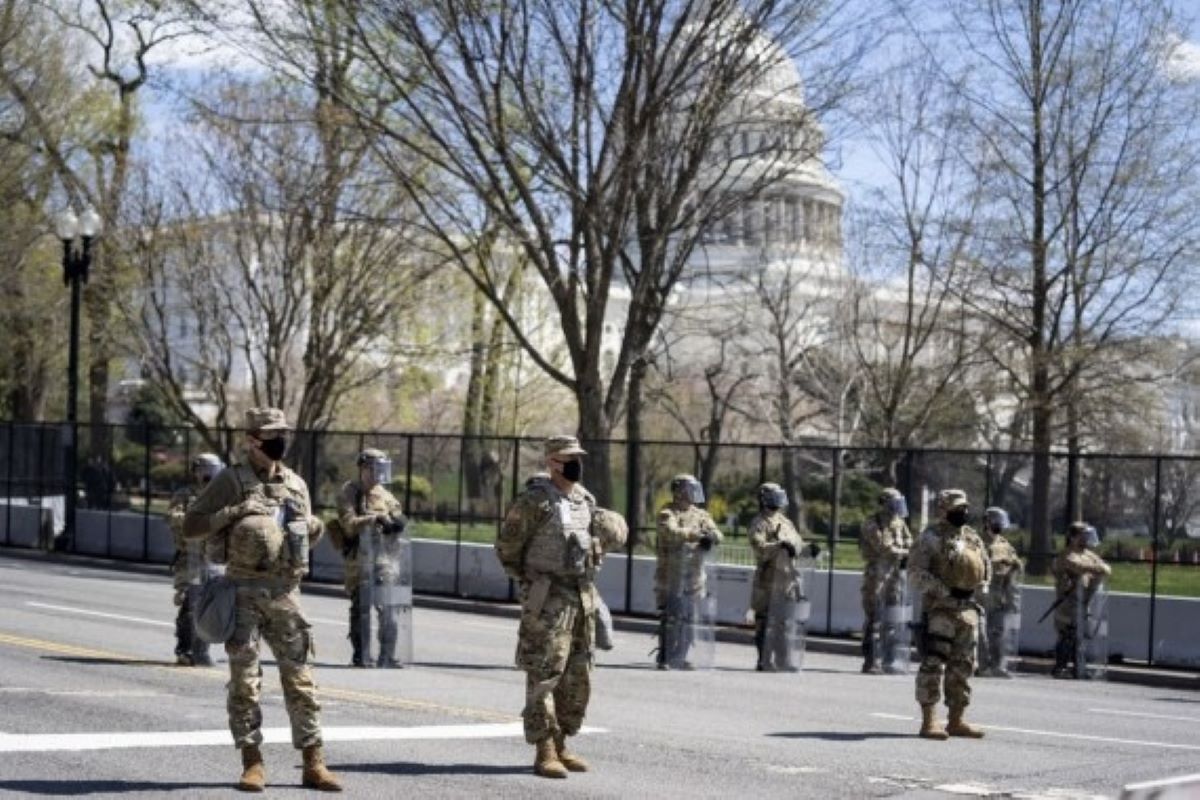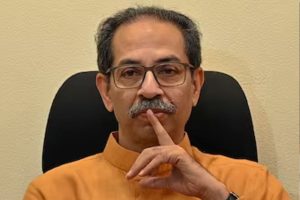Grappling over how to pay for the new spending, a bipartisan group of senators reached a tentative framework on a $953 billion infrastructure deal on Wednesday ahead of a crucial meeting with President Joe Biden at the White House.
The group of senators, Republicans and Democrats, had been narrowing on a smaller but still sizable $1 trillion package of road, highway and other traditional infrastructure projects.
Biden’s top aides met with senators for back-to-back meetings on Capitol Hill and later huddled with House Speaker Nancy Pelosi and Senate Majority Leader Chuck Schumer as the president reaches for a signature domestic achievement with his sweeping $4 trillion infrastructure plans.
While the plan from the group of 21 senators is far less, with $559 billion in new spending, it would launch a broader process this summer that could open the door to Biden’s big proposals.
“We’re very excited about the prospect of a bipartisan agreement,” Pelosi said.
Biden invited members from the group of senators to the White House on Thursday.
“The group made progress towards an outline of a potential agreement, and the President has invited the group to come to the White House tomorrow to discuss this in person,” White House press secretary Jen Psaki said.
One member of the group, Republican Sen. Rob Portman of Ohio, said it was time for the group to do outreach to get more senators on board with their plan.
“In good faith, we tried to get there. We didn’t agree on everything, but we were able to get there,” Portman told reporters on Capitol Hill.
Biden has sought $1.7 trillion in his American Jobs Plan, part of nearly $4 trillion in broad infrastructure spending on roads, bridges and broadband internet but also the so-called care economy of child care centers, hospitals and elder care.
With Republicans opposed to Biden’s proposed corporate tax rate increase, from 21 per cent to 28 per cent, the group has looked at other ways to raise revenue. Biden rejected their idea to allow gas taxes paid at the pump to rise with inflation, viewing it as a financial burden on American drivers.
Psaki said the senior staff to the president had two productive meetings with the bipartisan group at the Capitol. The White House team was huddled late into the evening with the Democratic leaders.
The White House said Pelosi and Schumer and the top administration aides agreed on Biden’s goal of infrastructure investments without raising taxes on anyone who makes under $400,000.
According to a White House readout of the meeting, the leaders talked with Budget Acting Director Shalanda Young, National Economic Council Director Brian Deese and Domestic Policy Council Director Susan Rice, and they discussed the two-track approach ahead – a reference to the smaller bipartisan deal emerging from the group alongside a more sweeping plan of Democratic priorities that Congress is now drafting.
Schumer said the leaders “support the concepts” they have heard from the bipartisan negotiations.
The Democratic leaders also insisted on the two-part process ahead, starting with initial votes in July to consider the bipartisan deal and to launch the lengthy procedure for the Democrats’ proposal, now drafted at nearly $6 trillion.
The Democrats’ bigger proposal would run through the budget reconciliation process, which would allow passage of Biden’s priorities by majority vote, without the need for support from Republicans to overcome the Senate’s 60-vote threshold.
It would require multiple rounds of voting that are likely to extend into fall.
Schumer said, “One can’t be done without the other.”
“We got our framework. We’re going to the White House,” Sen. Mark Warner, D-Va., told reporters. “We wouldn’t be going to the White House if we didn’t think it has broad-based support.”











